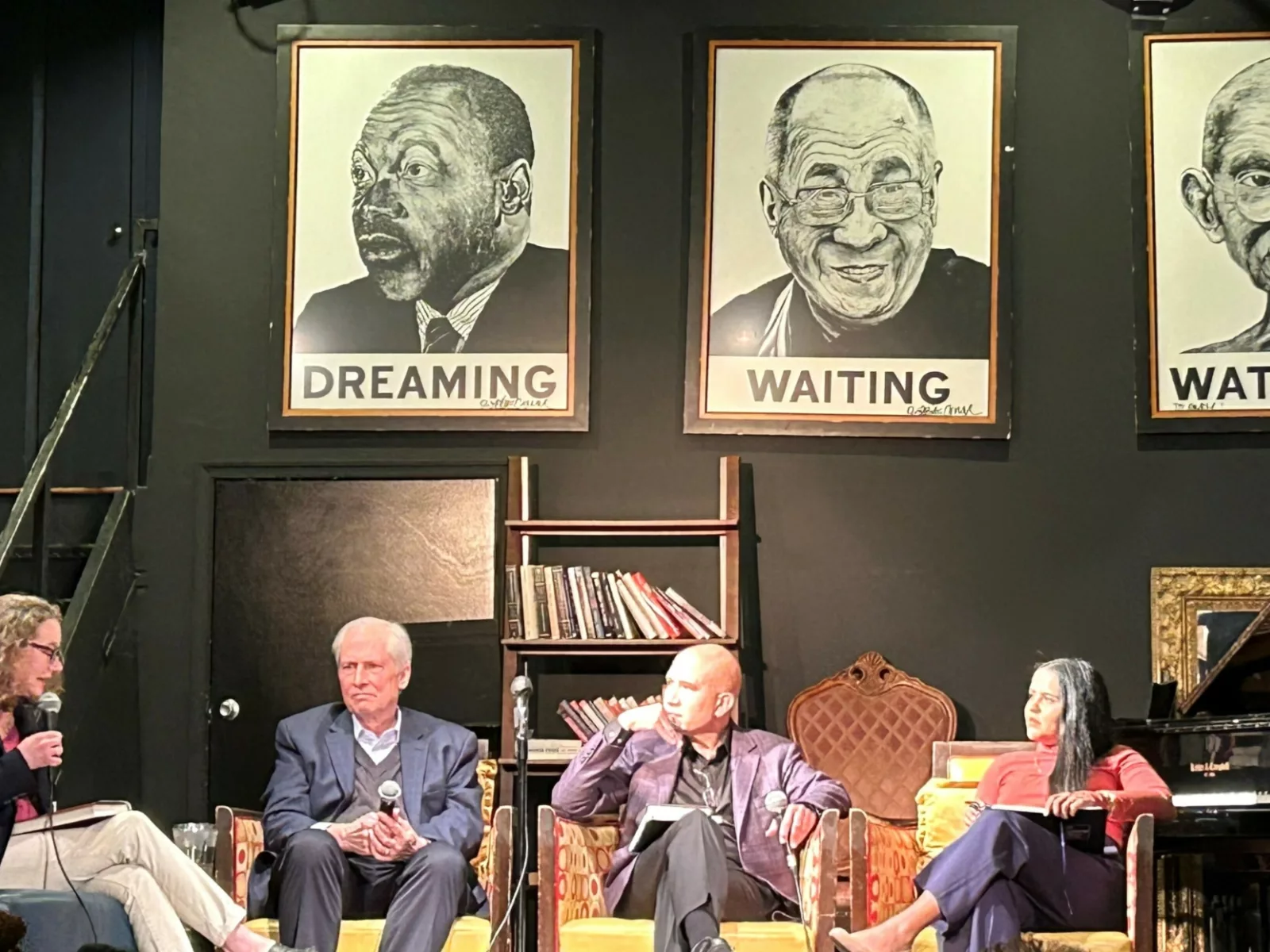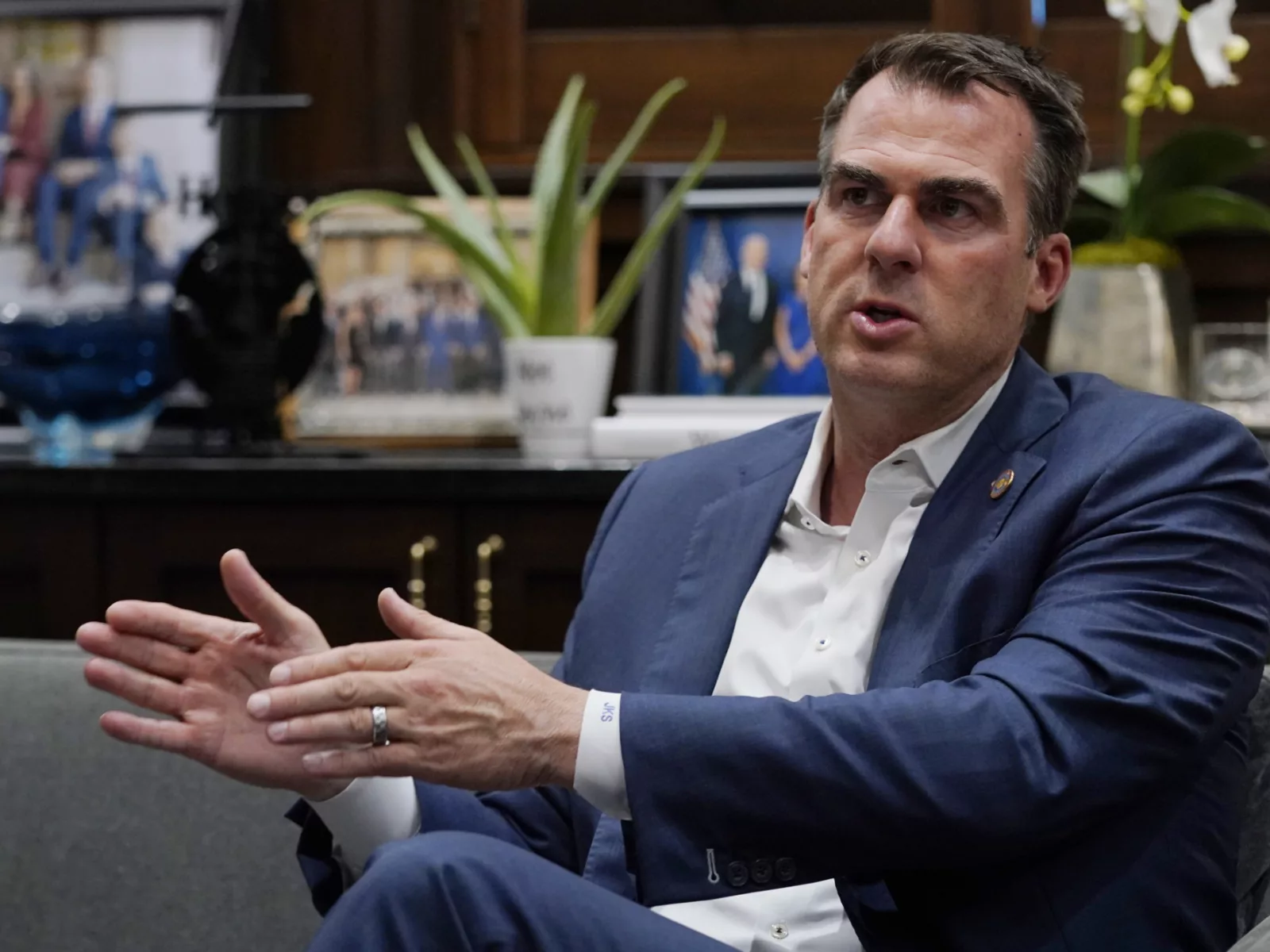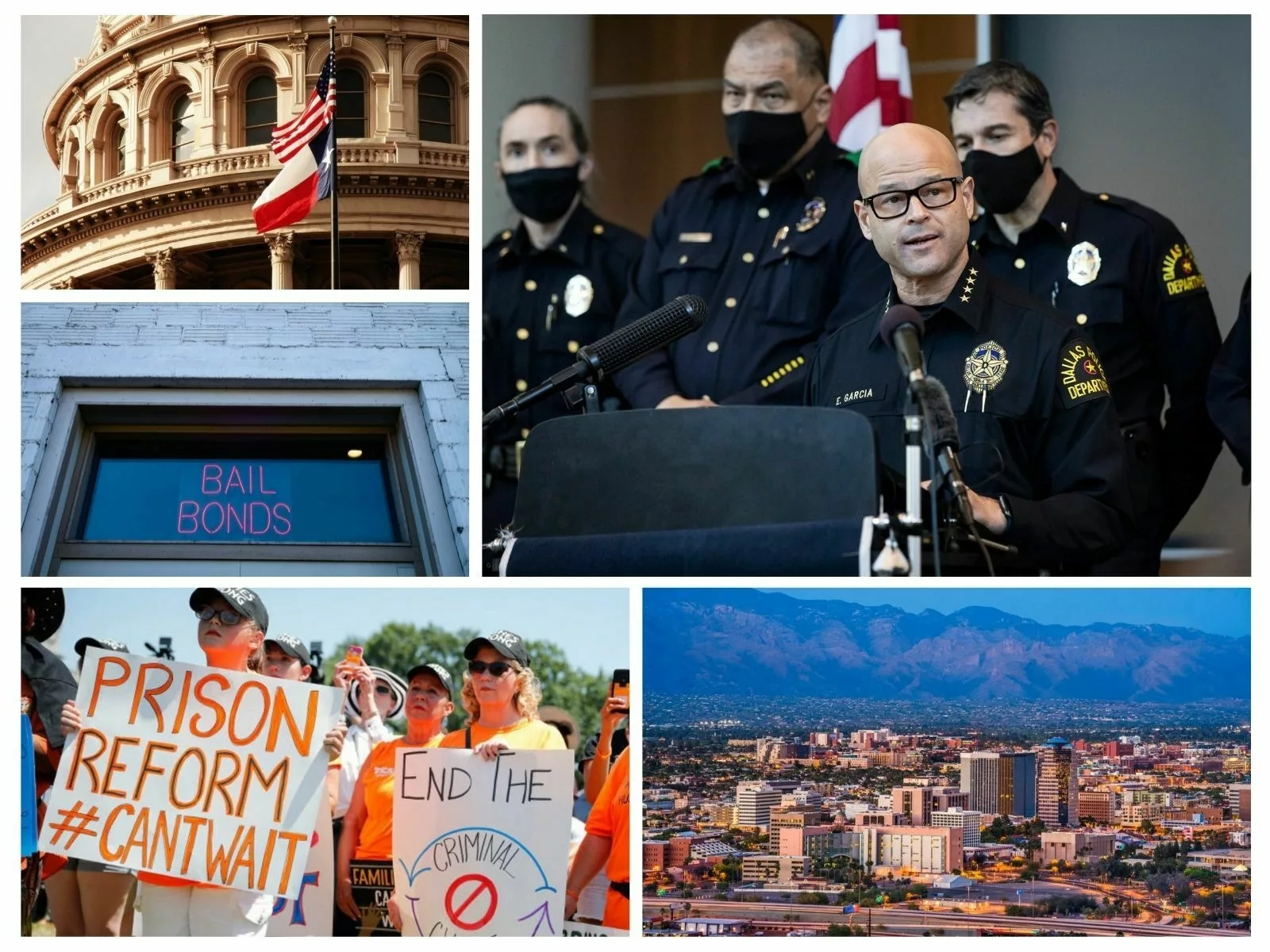In just two years, 1.7 million people in New York State had their driver’s licenses suspended because they failed to pay traffic fines or show up in traffic court.
This longstanding standard punishment for minor traffic infractions meant hundreds of thousands of New Yorkers couldn’t get to work, drive their children to school, or make it to doctor appointments.
New York Gov. Andrew Cuomo acknowledged the existing system of punishment was cruel and counterproductive. But he put off signing the bill that passed in mid-summer, until the end of 2020.
The bill that became law on New Year’s Eve 2020 was considerably amended. But it still represents a significant stride for the state and is an indication of a national trend in reforming problematic aspects of local justice systems around the country.
To push the New York bill across the finish line, advocates in the Driven by Justice coalition — led by the Bronx Defenders, Fines and Fees Justice Center, National Center for Law and Economic Justice, and the African-American Health Equity Task Force — sent Gov. Cuomo a letter in November, encouraging him to sign the legislation.
In January, that coalition celebrated the governor’s decision to green-light the bill sponsored by State Senator Tim Kennedy of Buffalo and Assemblywoman Pamela Hunter of Syracuse.
“This legislation will allow hundreds of thousands of New Yorkers to regain their driver’s licenses — and with it their access to work and other necessities,” said a statement from the coalition.
Scott Levy, Chief Policy Counsel at the Bronx Defenders, said that driving on a suspended license was the single most common charge in New York State outside of New York City.
He referred to the “self-reinforcing cycle of debt and criminalization” that has “exacerbated pre-existing disparities in our economy.” While lesser known than the stop-and-frisk policy in New York City, the practice of suspending driver’s licenses for unpaid traffic fines also unjustly trapped people of color in the criminal justice system.
“People of color are more likely to be pulled over in their cars, ticketed, prosecuted, and given harsher sentences,” Levy said.
What’s in the Bill
The Driver’s License Suspension Reform Act (DLSRA) officially ends driver’s license suspensions for unpaid traffic fines and fees in New York State. Within six months of the bill becoming law, the Department of Motor Vehicles will reinstate all suspensions for the failure to pay — of which there are approximately 250,000 every year.
DLSRA mandates that courts must offer a payment plan — 2 percent of net monthly income or $25, whichever is greater — to pay off traffic fines and fees over time. Those who enter a payment plan but still fail to make payments cannot have their licenses suspended again. So, in effect, a payment of $25 can get one’s driver’s license back.
Though the amended DLSRA does not end suspensions for failure to appear in traffic court, the bill offers a path to reinstatement. And if a person enters into a payment plan, that constitutes an appearance, after which the license must be returned.
The amended bill also extends the period of time after a missed appearance from 30 days to 90 days before a driver’s license will be suspended. During that period, additional notices will be sent to people alerting them to appear or go on a payment plan to avoid suspension.
While not in the actual text of the bill, the governor’s office also agreed that law enforcement and the courts will be instructed to place a temporary moratorium on charging people with driving on a suspended license, for any reason, until the bill is implemented in summer 2021.
Katie Adamides, New York state director for the Fines and Fees Justice Center, said countless individuals “will escape a cycle of poverty and punishment.”
“If you are wealthy, you don’t need to appear. If you don’t have the resources, that’s when you are engaging with the system,” Adamides said, describing the damaging suspensions as “really excessive” and “a waste of resources disproportionately affecting low-income people.”
She added: “Now, more than ever, with the economic crisis following the coronavirus pandemic, we know people need this relief and need access to transportation.”
“You can just ‘show up’ in whatever manner: phone, online, or pay-by-mail,” said Adamides. “So, payment and license suspension are completely divorced.”
She also said that police officers and court staff will see time freed up, especially in places like Rochester, N.Y., where there is one traffic debt license suspension for every three people of driving age.
Now, more than ever, with the economic crisis following the coronavirus pandemic, we know people need this relief and need access to transportation.Katie Adamides New York state director for the Fines and Fees Justice Center
A Growing Movement
New York joins nine other states and the District of Columbia that have passed similar laws in the past three years (California, Hawaii, Idaho, Maryland, Mississippi, Montana, Oregon, Virginia, and West Virginia).
Juliene James, vice president of criminal justice at Arnold Ventures, describes the problem as an issue of “racial justice, in New York especially” and said such driver’s license suspension rules are “clearly not serving the public-safety interest of anyone.”
“The overall message here is that this is significant but it’s not over,” said James, adding that she hopes judges will find better ways to ensure compliance. “There’s still work to be done.”
The suspension issue has bipartisan appeal around the country, with reforms in some states being driven by a mix of liberal and conservative advocacy groups. In Montana, for example, the state chapter of the American Civil Liberties Union joined forces with Americans for Prosperity.
California eliminated driver’s license suspensions in 2017 for unpaid traffic fines, and advocates are now calling on Gov. Gavin Newsom to take the same step for missed court appearances. His proposed budget for the next fiscal year eliminates many other burdensome fines and fees.
“This is a very relatable issue that opens the door for a broader understanding and more comprehensive agenda,” said James.
On his campaign website, President Joe Biden mentioned this type of reform and specifically linked to the Fines and Fees Justice Center information on driver’s license suspension. He pledged to target policies that “revoke driver’s licenses for unpaid parking or speeding tickets.”
At the federal level, the Driving for Opportunity Act sponsored by Sen. Christopher Coons, another Democrat from Delaware, would reimburse states for the cost of reinstating previously suspended driver’s licenses.
The legislation would also repeal the old law reducing federal highway funding for states that don’t suspend driver’s licenses for anyone convicted of a drug offense.
“This bill has some promise and we’re supportive,” James said.
Next steps
In New York, local advocates are still trying to make sure the new law is implemented as intended, with individuals and organizations affected by the changes going through an adjustment process.
Scott Levy, at the Bronx Defenders, said that lawyers aren’t the only ones who will need to brush up on the rules.
“Bronx Defenders has done training internally and for public defenders statewide,” said Levy. “Judges and police departments will have to be educated. Clerks, district attorneys, and the public have to learn what it means.”
Levy said the amended bill is “going to benefit lots of people, but implementation will be trickier.”
He remains optimistic, however, that his clients — many of whom have low job security — now face less risk of being pulled over, arrested, and cut off from employment opportunities for the wrong reason.
“Some people believe you need to threaten people with punishment to get them to do the right thing. That’s just not true,” Levy said. “We actually need to incentivize people to do the right thing, not punish them for doing the wrong thing.”





















